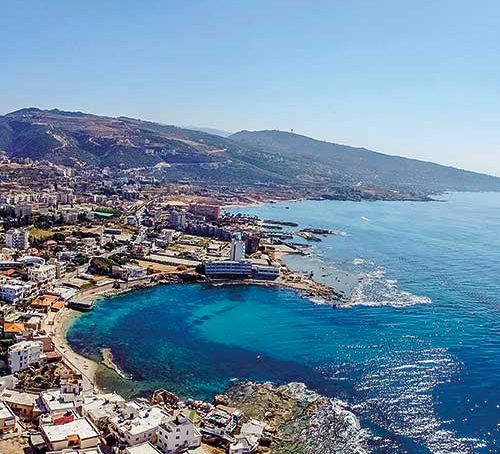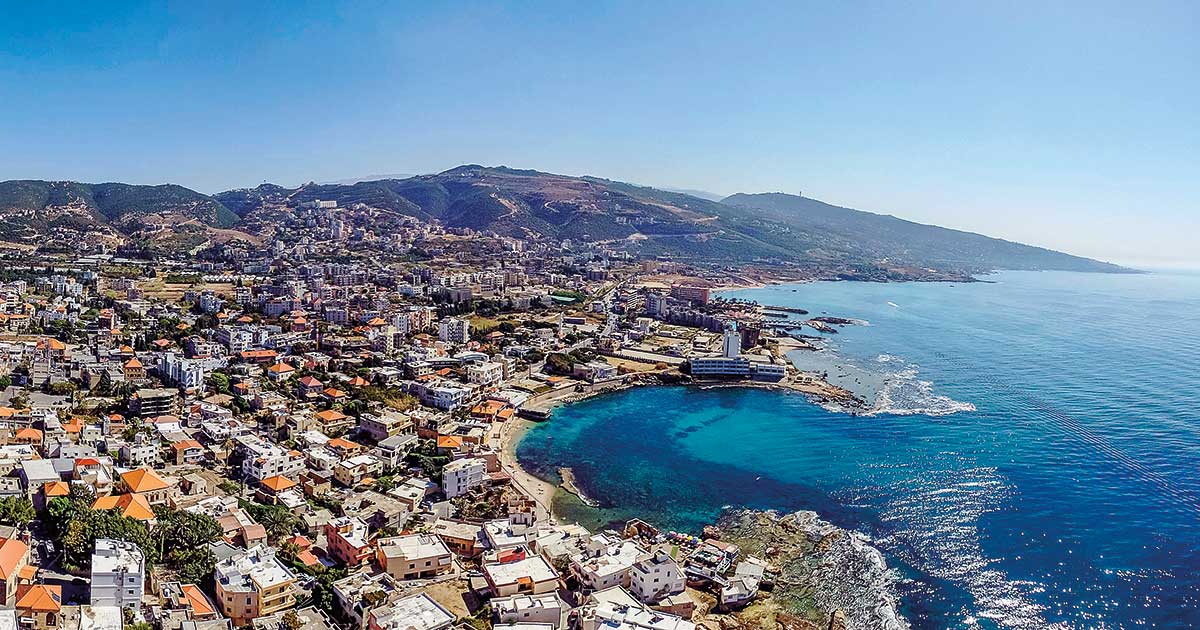

Critical situation
Recovery is still not in sight for the Lebanese economy, mainly due to:
• Corruption and absence of reforms: with a prolonged presidential vacuum and the mandate of controversial Central Bank head Riad Salame, which ended with no successor in line. In this context, authorities have not implemented the reforms required by the IMF in exchange for a much-needed loan. The international organization recently denounced the “continuation of the status quo,” with corruption, money laundering, tax evasion and political instability still plaguing the country. Figures only illustrate the critical situation. The World Bank estimates that the real GDP shrank by 2.6 percent last year, bringing the contraction to 39.9 percent since 2018.
• A heavily dollarized cash economy: according to the World Bank’s Lebanon Economic Monitor released in May, the GDP reached around USD 9.9 billion in 2022, almost half the size of the country’s economy, explained by the systemic failure of the banking system and the collapse of the currency.
The Lebanese pound has experienced a shocking devaluation of over 98 percent from its pre-crisis value. Despite appearances, relying on a cash-centric economy does not foster economic growth; instead, it wears away fiscal and monetary policies. The waning trust in the banking sector, coupled with businesses favoring the dollar over the pound, suggests a status quo in the foreseeable future. Additionally, remittances last year constituted a significant 36 percent of the GDP.
Regrettably, the crisis has pushed most of the Lebanese population into poverty, worsened by an alarming inflation rate exceeding 170 percent.
A dire situation is even more visible as expatriates and tourists have been flocking back to the country with their much higher purchasing power. According to the Ministry of Tourism and the Lebanese General Security, in 2022 expatriates accounted for 63 percent of the total visitor arrivals, and up to 68 percent in the first quarter of 2023. A significant figure, explained by the departure of many residents in the last few years to foreign countries who now keep visiting regularly.
Booming tourism
The tourism industry is vital for the Lebanese economy and has proven very resilient in the past. The number of visitors almost doubled between 2021 and 2022, from 2.1 million to almost 4 million. And according to Central Bank data, the sector generated USD 2.16 billion in the first half of 2022, an 86 percent increase from the same period in 2021. This sunny trend should show in this year’s revenues. The Ministry of Tourism has already witnessed in the first quarter an increase of 22.5 percent in tourist arrivals. This boom in tourists has benefited the hospitality authorities thanks, in part, to the launch of national campaigns such as the “Ahla Bhal Talleh,” “Eida al Shatwiyeh” and “Ahla Bhal Talleh Ahla,” which succeeded in attracting foreigners and expats.
• The F&B sector: restaurants and cafes have seen a significant increase in activity. According to the president of the Syndicate of Owners of Restaurants, Cafes, Night-Clubs & Pastries, Tony Ramy, 150 establishments managed to reopen last year, showing the strong backbone of the sector, even though it did not reach 2019’s levels. He hopes that 2 million tourists will visit the country this year and has renewed his calls for urgent reforms.
Beirut’s scarred neighborhoods of Gemmayze and Mar Mikhael have made a comeback, retaining their long-standing reputation as party districts, while Badaro has become the top destination for food and music lovers, witnessing the opening of Neo Beirut. In terms of concepts, Lebanese cuisine is still in fashion, with Downtown’s Park Avenue welcoming newcomers, such as Kun, Kalila and Al Beiruti.
• The hotel sector: many high-end establishments have reopened their doors. And some are in the works, such as Voco Beirut, a new IHG franchise with DIA SARL. The 123-room property should open at the end of the year.
Boutique hotels are also in vogue, with several openings in the last year in Beirut, such as Kintsugi in Mar Mikhael. In the mountains, properties including Indira in Kfour and Kcor hotel in Kornayel have opened, while Capo Batroun is a new seaside escape.

Nagi Morkos,
founder and managing partner at Hodema Consulting Services

















